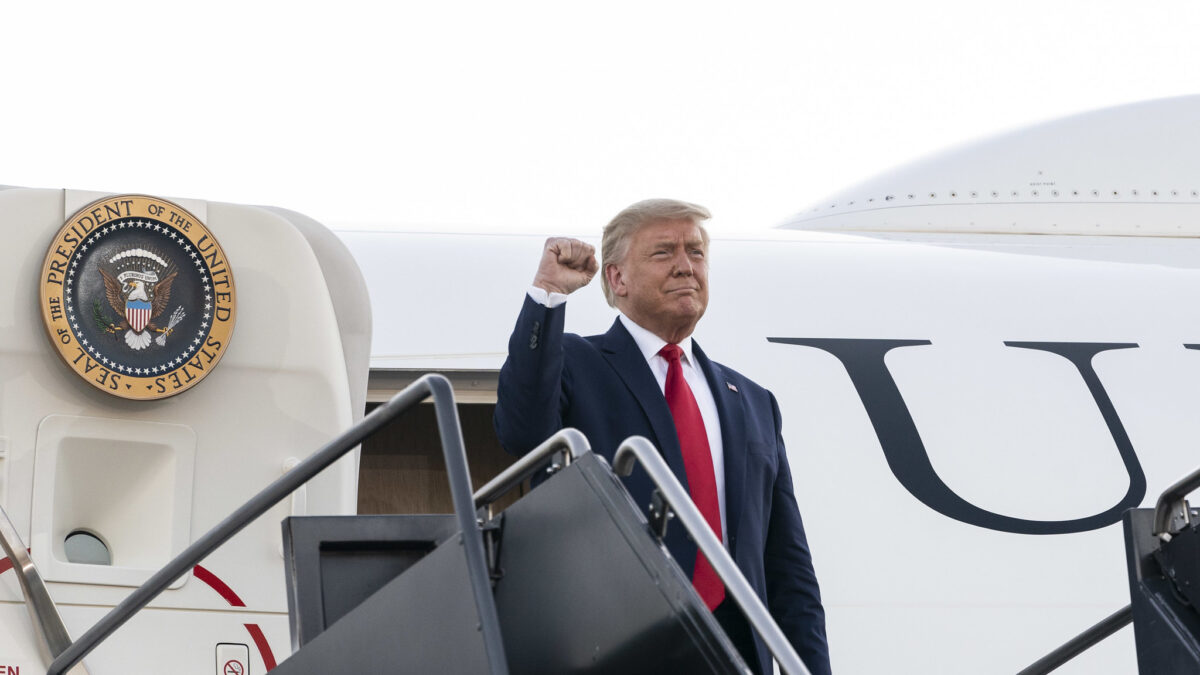
After two long ground wars in the Middle East, the prospect of sending U.S. troops to “degrade and ultimately destroy ISIS” is hardly appealing. On this prospect, the libertarians and the far Left are largely in accord—let’s not run headlong into war, especially without an end game.
Yet a few Westerners have been moved by the atrocities committed by the Islamic State to actually go overseas, of their own free will, and join a militia, Dwekh Nawsha (which means “self-sacrifice” in Aramaic), to protect Coptic Christians in Iraq.
Though some are being helped, the blood of thousands of innocents spill and thousands more are being enslaved and abused in sacrifice for the formation of a new Islamic caliphate. According to a U.N. Human Rights Office report, at least 8,493 civilians have died in this conflict in the first eight months of 2014 alone. The report states that:
UNAMI/OHCHR has received reports of serious violations of international humanitarian law and gross abuses of human rights that have been perpetrated by ISIL and associated armed groups, with an apparent systematic and widespread character. These include attacks directly targeting civilians and civilian infrastructure, executions and other targeted killings of civilians, abductions, rape and other forms of sexual and physical violence perpetrated against women and children, forced recruitment of children, destruction or desecration of places of religious or cultural significance, wanton destruction and looting of property, and denial of fundamental freedoms.
As much as the administration would like to lay blame for such deaths on the nebulous phenomenon of “violent extremism,” this particular organization, with its particular ideology, is hacking its way through flesh and bone to its own oppressive theocratic state.
ISIS Fight an Uncomfortable Prospect
Despite Boko Haram’s purported pledge of fealty to ISIS, apparently neither organizations’ bloody rampages have reached the level of egregiousness that stirs the executive branch to crush the evil gobbling up Iraq and surrounding territories. President Obama has told us repeatedly that there will be “no boots on the ground” save for “advisers, trainers, and security personnel.” Regardless of whether the advisory missions happen to put those advisers in a combat role, the goal, apparently, is to keep us “out of another ground war.”
Whether this be on principle of non-interference or sheer ignorance of an organization that will, if unchecked, eventually threaten global stability, the result is inaction (save for a few airstrikes).
An Alternative: Letters of Marque
The U.S. military wears a heavy boot, but at the moment it does nothing more than cast a shadow over the growing terrorist threat. However, the U.S. Constitution allows another way for citizens to combat threats to life or property: a letter of marque.
Letters of marque are expressly granted in the Constitution (Article I section 8): “The Congress shall have the power…to declare War, grant Letters of Marque and Reprisal.” Letters of marque are essentially permits for private individuals to use force against enemies of the state on its behalf. In the early eighteenth century, these letters began to function as a way to supplement national navies. “Privateers” were given letters of marque permitting them to capture and plunder enemy ships; an admiralty court adjudicated on the legality of the capture.
Here’s How This Would Work In Modern Life
At first brush, our contemporary context appears in contrast to applications of the letter of marque 200 years ago. Yet looking past the evolution of warfare and technology, one can argue there is a place for letters of marque today. The core difference between now and then is the difference between a lack of an established military and the refusal to use one. But the end result is the same: inaction.
So perhaps it’s time to try something different. President Obama consistently presents a binary view of foreign relations—namely, that we either extend our hand in amicable diplomacy, or we send a hundred thousand boots to embroil us in a decade-long war. But surely our options are not so limited as either Democrat or even Republican leadership may present.
Pulled out from under a dozen other tactics and strategies, dusted off, and cast onto the table where “war” and “diplomacy” are the only options on display, letters of marque could be the centuries-old concept that aids a modern armed-forces effort.
Letters of marque allow the government some measure of control over the conduct of the recipients, allowing for prosecution if individuals are found in violation. Lack of accountability is in no one’s best interest, and letters of marque provide a way for private individuals to serve the interests of their country and global communities while still being accountable to a formally recognized authority.
One can think of letters of marque as an old solution fashioned anew to meet the unique challenges of an ideologically motivated organization bent on destroying the West and any regions touched by its influence.
Answers to Objections
Some superficially acquainted with this tool might raise legal objections to its use, namely that the Treaty of Paris “banned” letters of marque. Although we have honored the treaty during military conflicts with countries that acceded to it, the United States never formally acceded to the 1856 Paris Declaration.
Some will rightly point out the potential for abuse, as there almost certainly will be, as with all social and governmental institutions. However, the U.S. government would be holding accountable a much smaller group of individuals, whose scope of operations are far more limited than the expansive U.S. military. If abuse were to be found, processes for investigation and prosecution would be in place to swiftly bring to account and deal punishment for violations, as they had in the past.
Some less rational factions will undoubtedly hail this as a crazy right-winged conspiracy to privatize the military. But Founders did not design a Constitution with powers that undermine other powers. If letters of marque were a tool of privatization, what good would it have been to include provisions, just a few lines below this, “to raise and support armies” and to “provide and maintain a Navy”?
It is not certain that such a mechanism would significantly aid a pushback against the Islamic State, but it’s difficult to argue that we should not let those who are willing and able at least try. If this attack were directly on our homeland, and it were our own neighbors being burned alive or beheaded, would we thrust our arms out to hold back our brothers and sisters who were trying to stop it? Would we exclaim our dismay at an upset of the status quo, or would we be relieved the mobilization of decent people to action against veritable evil?
Dwekh Nawsha, “self sacrifice,” may be a new precedent for governments empowering individuals to fight the evil they cannot, or will not—to defend not just their own country, but humanity against what is shaping into the twenty-first century’s new Evil Empire.
Self-sacrifice doesn’t figure into this administration’s priorities, and perhaps that isn’t the role of the executive. Yet if self-interest and legacy are of any importance, it should be open to this idea, for Obama can at once keep his promise to America to keep our troops at home and claim credit for stepping up our game against evil abroad. He’s pledged against boots on the ground, so it’s time we let some other boots tread the path toward victory our government is unwilling to take.









